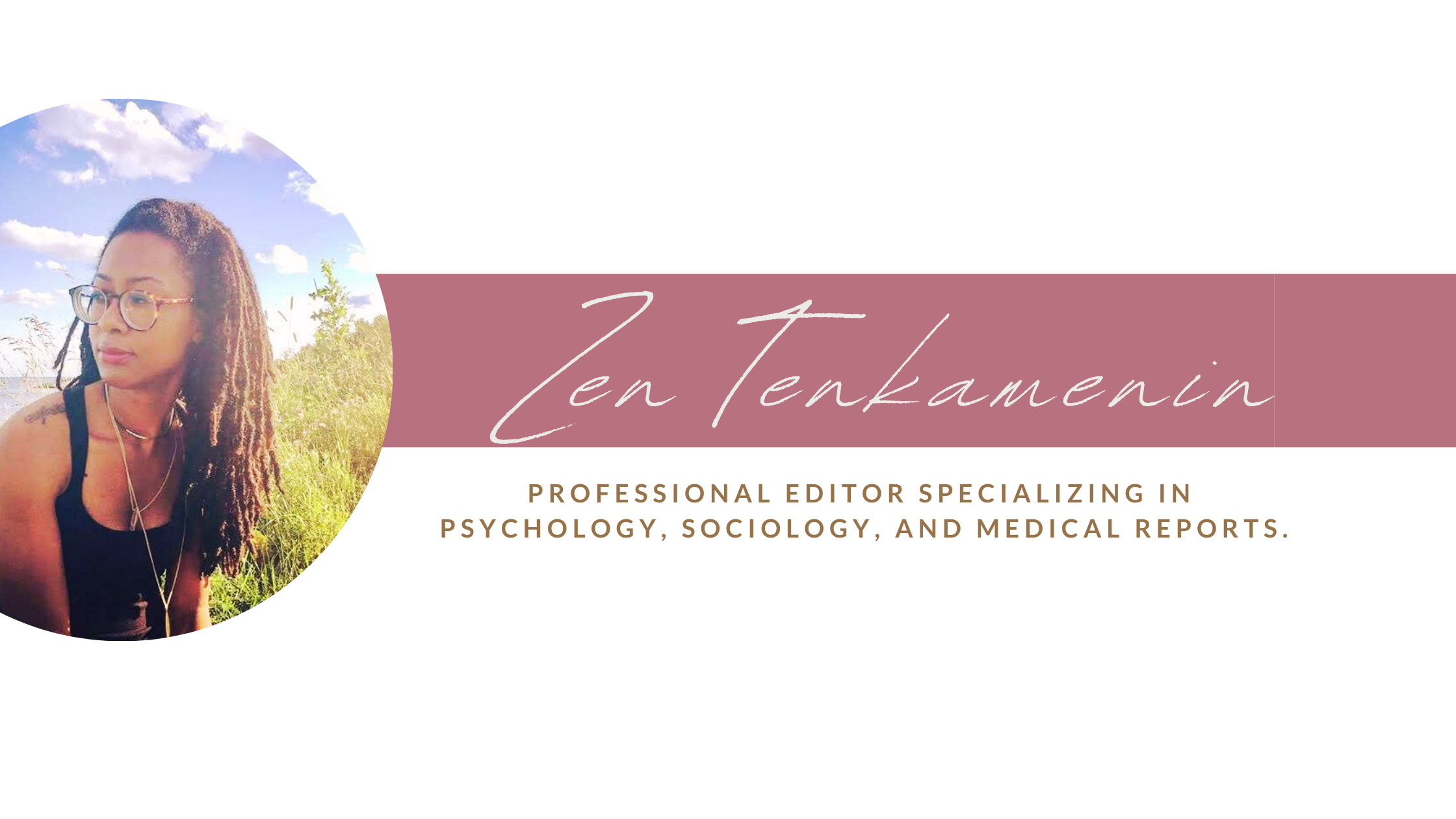The Power in a Name
For most of my life, my name felt like a label I didn’t choose.
A symbol of survival passed down through generations scarred by colonialism, trauma, and expectations I never agreed to.
My birth name—Denise—was given to me before I had the chance to define myself. It was the name of a child molded by generational wounds, by silence, by roles I never consented to play. It was the name that echoed through criticisms, dismissals, and moments of invisibility.
But names are not just names.
They carry energy. They carry history. They tell stories we sometimes have to rewrite ourselves.
When I Chose My Name
I didn’t change my name to become someone new.
I changed it to come home to myself.
Zen Tenkamenin is the name I chose.
Not for reinvention—but for reclamation.
“Zen” came to me during my loc journey, a time when I was peeling away the layers of shame tied to Eurocentric standards of beauty and learning to love myself—fully, naturally, and unapologetically. It became more than a nickname. It became a mirror of who I was becoming: balanced, grounded, self-possessed.
“Tenkamenin” is a name that holds weight.
It honors King Tenkamenin of Ghana, a ruler known for wisdom, justice, and devotion to his people. That name represents lineage, integrity, and sovereignty. It is a name carried by my partner—someone who walks through life with intention, and who inspired me to anchor myself in legacy, not loss.
Together, Zen Tenkamenin is not just a name.
It’s a declaration:
I am not what was done to me.
I am not who the world told me to be.
I am who I choose to become.
The Weight of the Names We’re Given
The names we’re born into often carry the weight of other people’s stories.
Sometimes they echo trauma, unmet expectations, or family roles that were handed to us like scripts we never auditioned for.
The name I was given at birth told a story of who I was supposed to be—but never who I truly was. It echoed my mother’s voice more than my own. It fit the version of me that was easy for others to control, categorize, or criticize.
Reclaiming my name wasn’t just a personal choice—it was a sacred act.
A quiet rebellion.
A breath I had been holding for years.
A Name Rooted in Spiritual Transformation
The number 13—often misunderstood or feared—became symbolic for me as I moved through my own transformation. In many cultures, it represents change, death and rebirth, and the cyclical nature of life.
In my memoir, there are 13 chapters—each one peeling back a layer of my story like the skin of an onion.
Painful, raw, revealing.
But necessary.
Because healing requires truth.
And truth begins with naming things—including ourselves.
Reclaiming Identity, Word by Word
Every time I sign my name—Zen Tenkamenin—I remind myself:
- I am not their version of me.
- I am not bound to the stories that tried to define me.
- I am the author now.
And I don’t need permission to exist on my own terms.
Final Thoughts
Choosing this name was one of the most sacred acts of healing I’ve ever done.
It wasn’t about forgetting the past. It was about honoring who I became in spite of it.
Zen Tenkamenin is my voice.
It’s my truth.
It’s my power wrapped into two words.
✨ Have you ever felt disconnected from the name you were given?
✨ What would it mean to reclaim your identity on your own terms?comments. Let’s talk about reclaiming identity.


